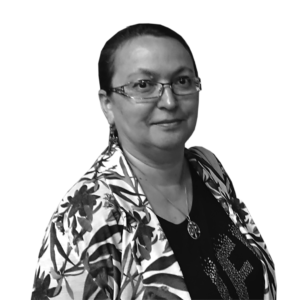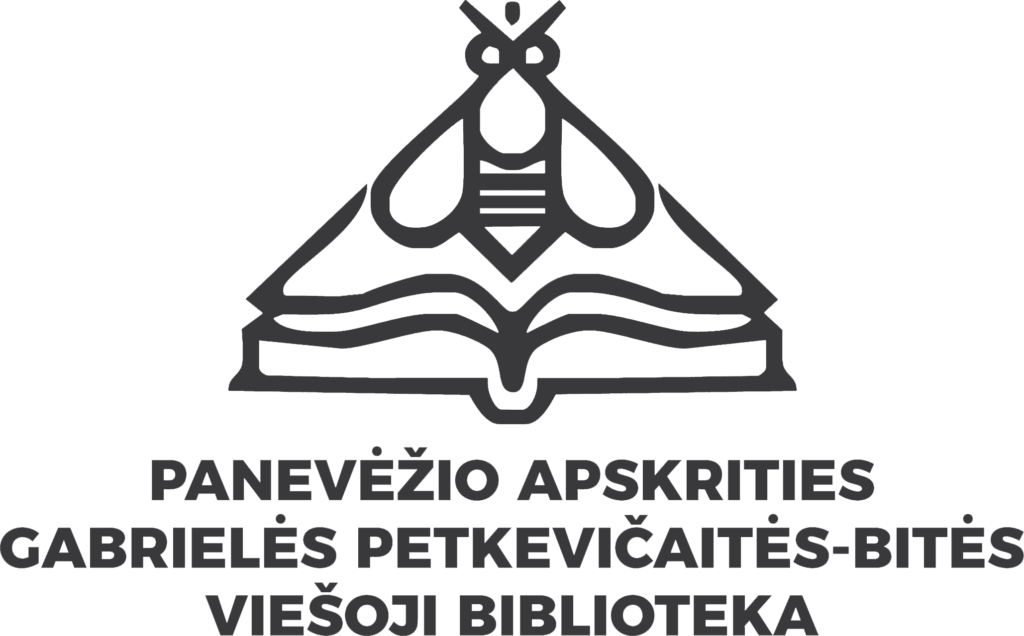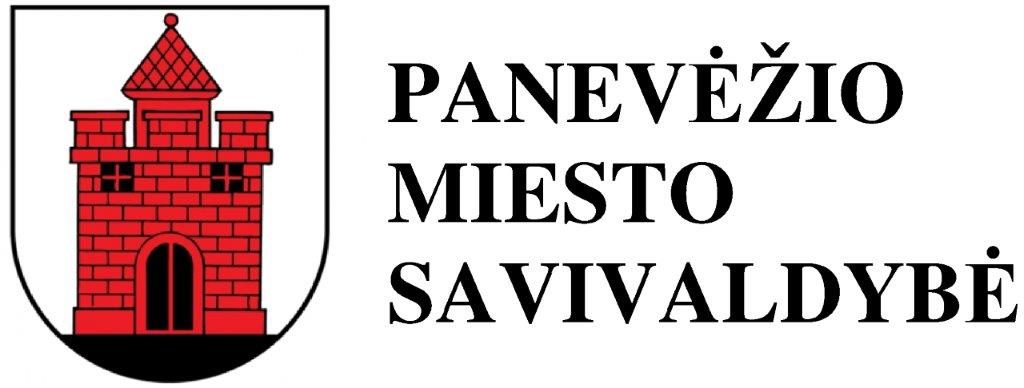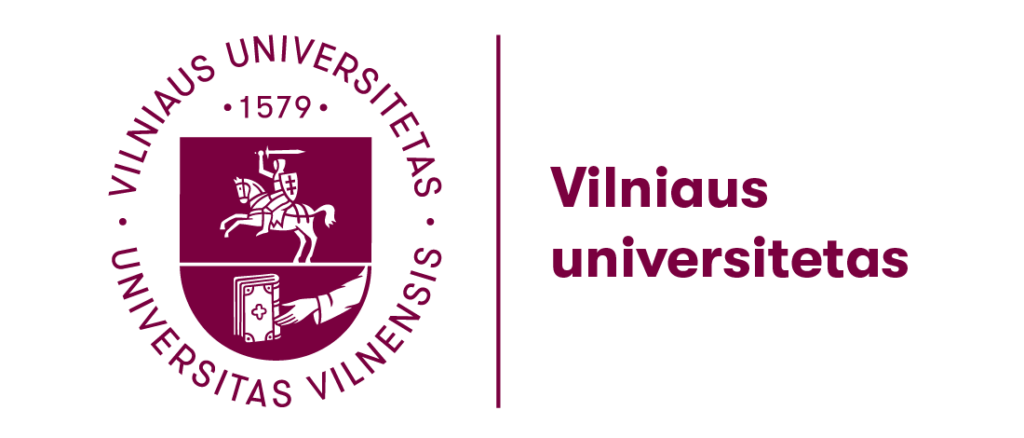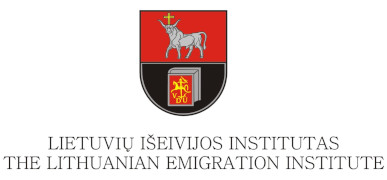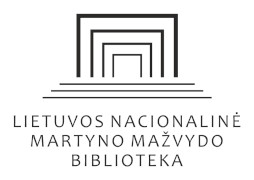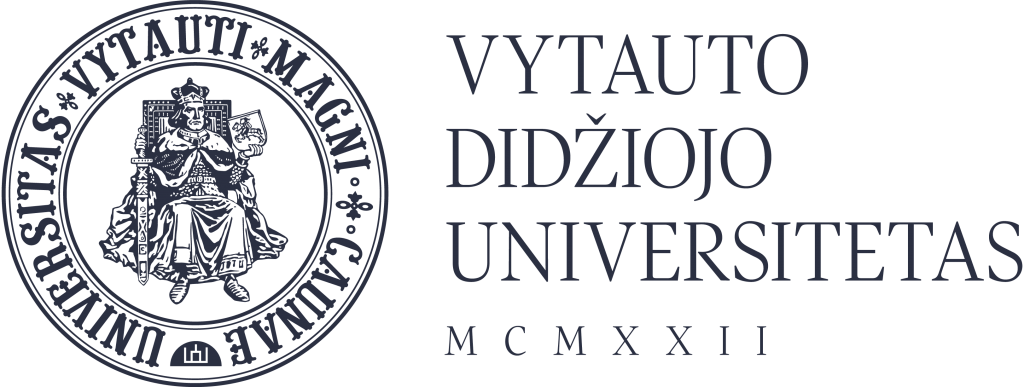Bet kurios institucijos, kaip visuomenės įstaigos, istorija yra pasakojimas, kuriame užfiksuota, kaip ta institucija atsirado, vystėsi ir kito laikui bėgant, kokias funkcijas atliko ir kokią vietą užėmė kitų visuomenės organizacinių darinių tarpe. Nežinant institucijų istorijos, neįmanoma sėkmingai kurti jų ateities veiklos vizijų ir strategijų.
Atminties institucijos atlieka kultūros paveldo saugotojų ir tame pavelde užfiksuotos informacijos skleidėjų funkcijas. Jos atsirado kaip įstaigos, kurių pirminė paskirtis buvo kaupti ir saugoti žmonijos istorijos artefaktus. Tų artefaktų įvairovė ir pobūdis nulėmė atminties institucijų specializaciją: archyvas, biblioteka, muziejus.
Priimta laikyti, kad istorijos mokslo objektas yra dokumentuota žmonijos patirtis. Todėl šiuo požiūriu atminties institucijos atliko ir dabar atlieka istorijos mokslo tyrimų objekto materialinės išraiškos saugotojų funkcijas, vaizdžiai sakant, yra Istorijos saugotojai.
Pagrindinis rengiamos konferencijos tikslas – apžvelgti atminties institucijų atsiradimo, raidos ir vaidmens visuomenės gyvenime tyrinėjimų būklę Lietuvoje ir užsienyje, pristatyti skirtingų šalių patirtį šioje srityje, aptarti galimas tyrinėjimų kryptis, metodus bei problemas ir nubrėžti tolimesnes tyrimų gaires.





